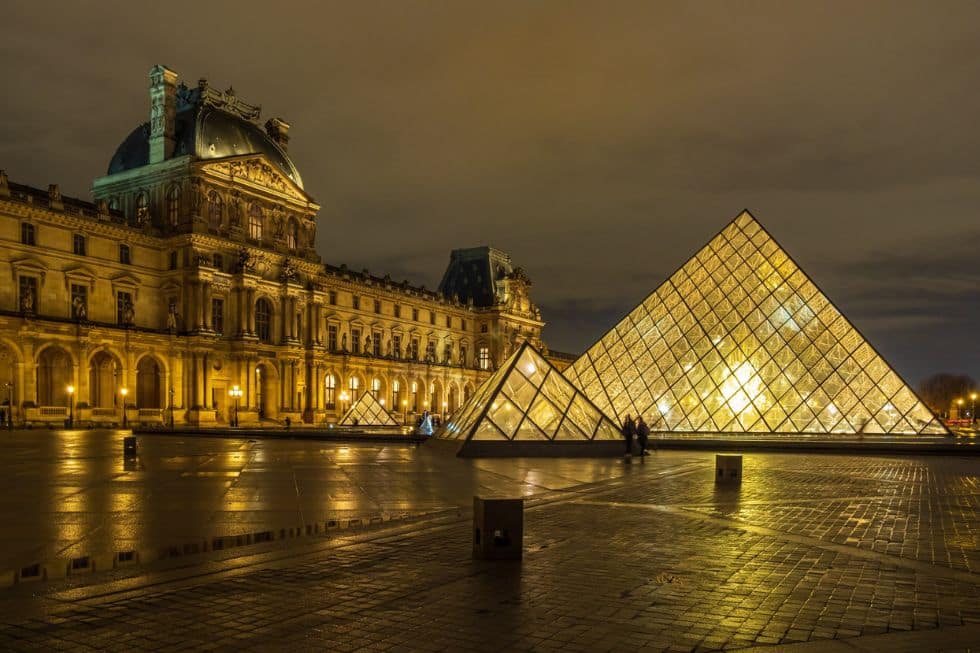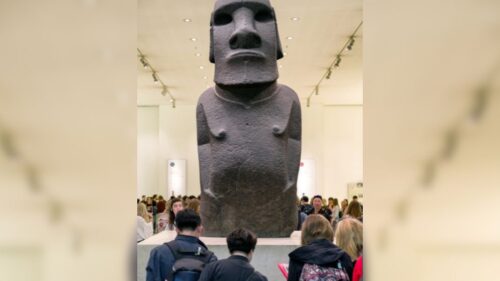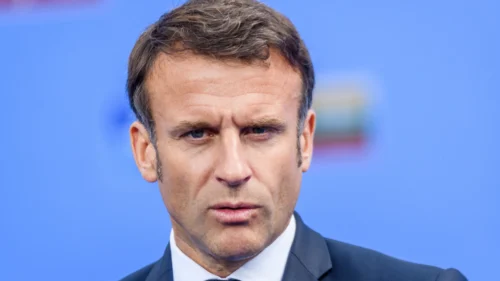On October 19, 2025, the Louvre, a legendary museum of human history and culture, was the site of a brazen theft. Within minutes, burglars had made off with invaluable treasures, resorting to simple methods: freight elevators, angle grinders and scooters.
This stunning burglary has raised many questions, not only about the security flaws that enabled it, but also about how the French government, led by President Emmanuel Macron, is approaching the security of its central institutions.
The incident reveals an enormous, even greater issue: a lack of sufficient leadership in responding to basic security threats and in addressing embarrassing behavior that undermines the national image and heritage.
An unthinkable scenario
Consider this for a moment: individuals enter into one of the most tightly secured museums during the day. In a matter of minutes, they steal eight priceless items as if it were a routine logistical maneuver. Cameras, alarms and guards are all avoided.
The precise timing of the attack and the use of the proper tools to bypass the security measures demonstrate meticulous planning. Yet, it also poses a genuine challenge for whoever is tasked with protecting the building.
But most remarkable, other than the cunning of the thieves, is the shameful delay in the authorities’ response. During a time when security is a major issue in French politics, how was it possible for this robbery to occur at a museum of this caliber, a place that should serve as a model of protection and vigilance?
Management below expectations
The Louvre robbery is not remarkable in itself but rather the symptom of a deeper sickness. It illustrates the futility of a security system that appears to rest on shaky ground. If accounts released following the theft are to be believed, detection systems were clearly useless given the scope of the job.
Not only were the cameras not capable of capturing the criminals in real time, but the alarm systems were easily circumvented. One has to ask how committed they were towards being ready for the challenges of today.
The Louvre is more than any museum. It is not so much something to be viewed but rather a true center of support for world heritage. How are we to explain that this site, on which France bases its power over culture, has not been granted the degree of protection equal to the risks it poses? By considering the general image, it would appear that the security of national institutions comes second, as if we believed that such places were beyond all issues.
Actually, this break-in highlights a deeper problem: the lack of appreciation for how culture and heritage are essential in maintaining national stability. When such thefts happen, it’s common to blame local authorities or security agencies. But isn’t it really the central government that should take responsibility for this complacency?
The weakness of the political response
Even more damaging is the procrastination of the political response to the burglary. It may seem insignificant, but managing a crisis of such magnitude also involves sending clear messages to citizens.
Here, indecision and absence of leadership in the first few hours overshadow the government’s ability to manage crises of this nature. The silence of the Élysée Palace added to the mood of impotence and dilettantism in the presidency, as though France could not safeguard the security of its national icons.
The lack of firmness in addressing this incident and the segmented responses give the impression that the priority of this government lies elsewhere, in other political initiatives, rather than in upholding a cultural heritage to which all of humanity belongs. The French, in the meantime, are expecting concrete action. Maybe it is time for the government to commit to ensuring not just the security of citizens but the protection of what makes us us.
Lack of strategic vision
Other than this mishap, it would seem that the French government under Macron has demonstrated a lack of strategic insight. Security, and more specifically that of cultural institutions, appears to have been relegated. But then this is not merely a matter of equipment or technology; it is really a matter of leadership — of issuing warnings — something that is lacking.
The Louvre case shows France must reconsider its cultural security policy. It is not merely an equipment or a budget issue, but an issue of responsibility. France’s government ought to be more reactive, not just to save its monuments but to save its place in the world as a cultural nation. France, a nation to be emulated, must prove it protects what makes it great, not only at home but all around the globe.
A call to action
October 19, 2025, is not merely a date on which a burglary took place but a day when France displayed a disturbing absence of steadfastness in its response to the protection of its heritage. This Louvre robbery is just one of several incidents that point to a fundamental problem: leadership and planning failure to address the challenges of the contemporary world.
France deserves more than tardy responses and promised words of temporary change. If it genuinely wishes to protect its heritage and secure its citizens’ safety, France must reform the way it responds to these crises. The moment of indecision is over.
[Kaitlyn Diana edited this piece.]
The views expressed in this article are the author’s own and do not necessarily reflect Fair Observer’s editorial policy.
Support Fair Observer
We rely on your support for our independence, diversity and quality.
For more than 10 years, Fair Observer has been free, fair and independent. No billionaire owns us, no advertisers control us. We are a reader-supported nonprofit. Unlike many other publications, we keep our content free for readers regardless of where they live or whether they can afford to pay. We have no paywalls and no ads.
In the post-truth era of fake news, echo chambers and filter bubbles, we publish a plurality of perspectives from around the world. Anyone can publish with us, but everyone goes through a rigorous editorial process. So, you get fact-checked, well-reasoned content instead of noise.
We publish 3,000+ voices from 90+ countries. We also conduct education and training programs
on subjects ranging from digital media and journalism to writing and critical thinking. This
doesn’t come cheap. Servers, editors, trainers and web developers cost
money.
Please consider supporting us on a regular basis as a recurring donor or a
sustaining member.
Will you support FO’s journalism?
We rely on your support for our independence, diversity and quality.











Comment